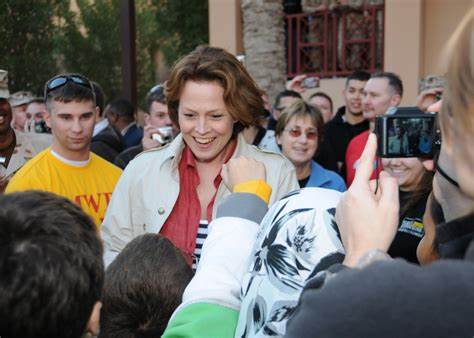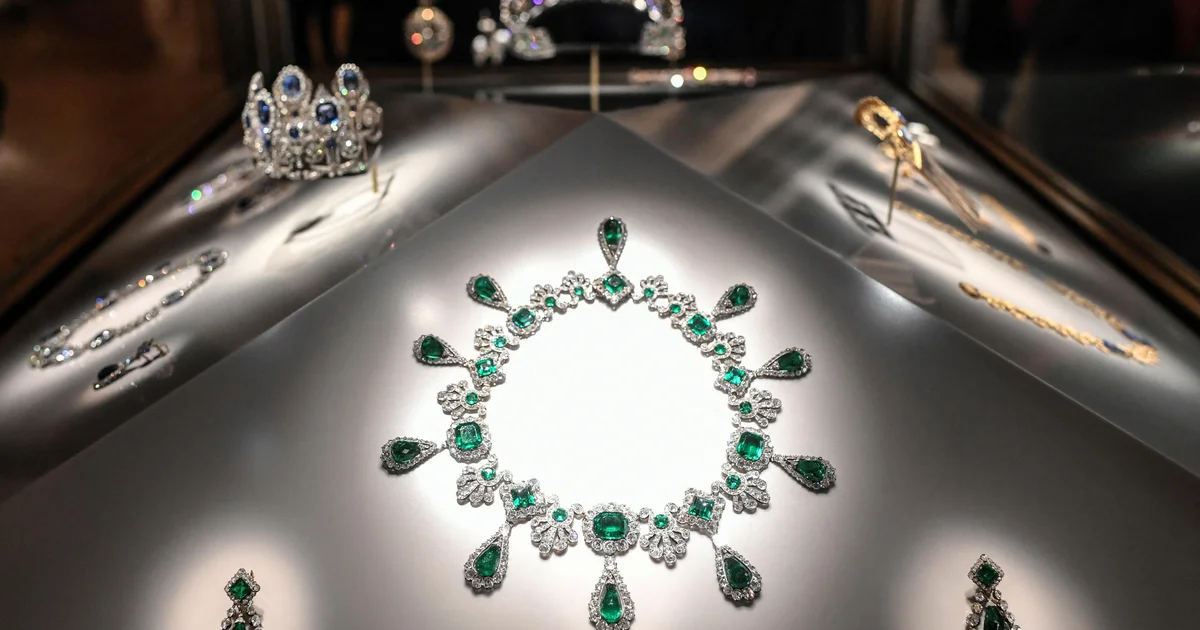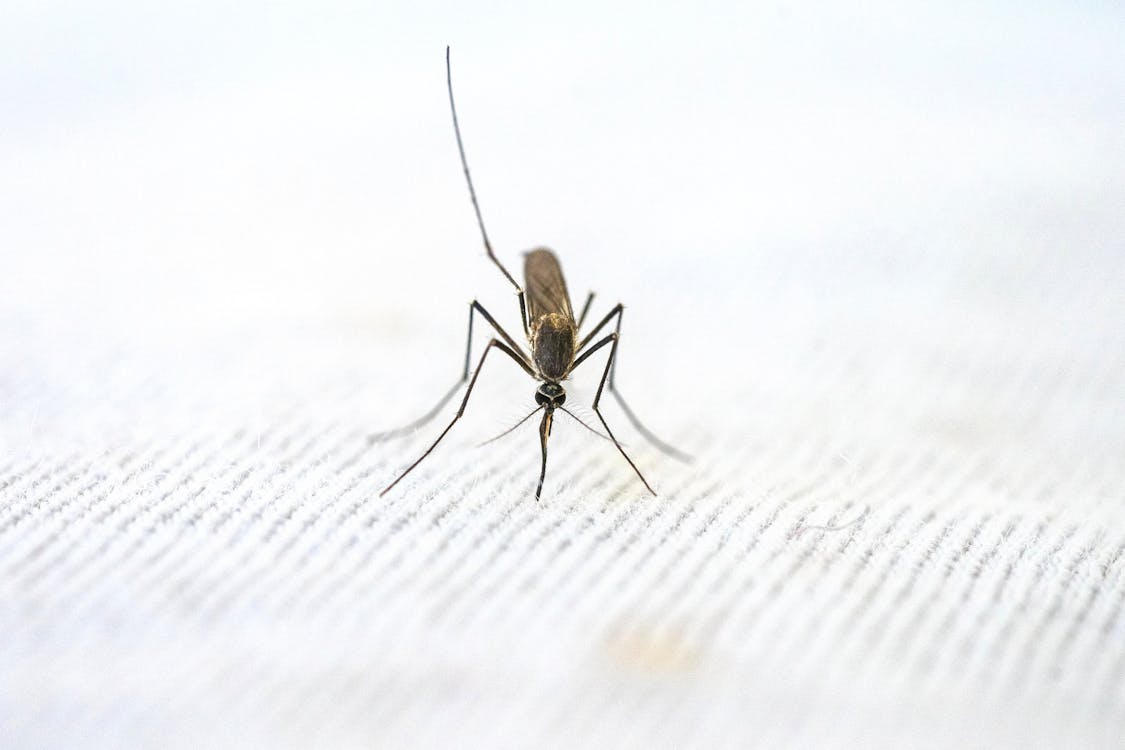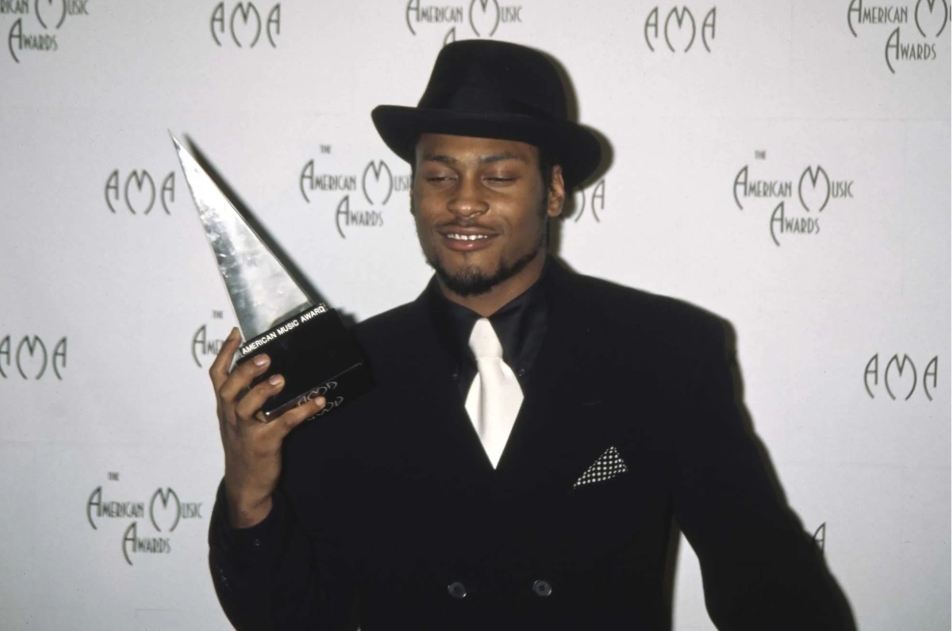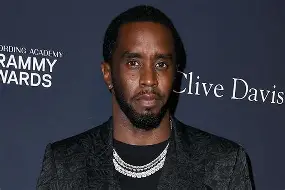In recent years, due to the spread of popular culture and easy access to social media, toxic fan behavior has become a more common occurrence. Toxic fans are popular culture fans who participate in negative and unacceptable behaviors. Most of these behaviors happen online via social media or community websites though they can occur anywhere such as fan events and conventions.
This behavior ranges from simple lack of respect to delivering threats. Toxic fans usually do not respect others and will become aggressive towards those with different opinions. They may also attempt to gatekeep what they are a fan of, or their fan object, by excluding newcomers. Bullying and abuse of other fans, media, and creators is another behavior of toxic fans. All of this may even lead them to direct harassment and threats at other creators and fans.
Dr. Laurel Williams, Associate Professor in the Menninger Department of Psychiatry and Behavior Sciences at Baylor College of Medicine, says, “Artists may do things that encourage people to get to know them better… giving people a peek into their lives and creating a persona that their fans can emotionally invest in.”
According to Williams, anyone can become unhealthily invested with a piece of media, celebrity, or individual nowadays. It used to cost more money and time for fans to repeatedly interact with their fan object to the point where their connection could turn obsessive, but the internet and social media created more opportunities for fan objects to become part of fans’ daily lives. Now, these superficial connections can be made more often with ease.
These unhealthy obsessions will not only negatively affect other fans, but also the fan object. Gatekeeping and other behaviors may discourage newcomers from wanting to join the fanbase and prevent the fan object from gaining more popularity.
When it comes to a famous individual, some fans might participate in stalker-like behaviors that violate the celebrity’s privacy and can even lead to them stepping out of the spotlight due to safety concerns. If the celebrity mentions how these behaviors are not acceptable, other toxic fans may start to turn on them and show aggressive behaviors.
It is possible to stay away from engaging with toxic fans and toxic parts of a fandom when reminded that most of the content is edited and not genuine. Interacting with fans who recognize that words carry weight, and their actions can have actual consequences creates a better space for fans.

